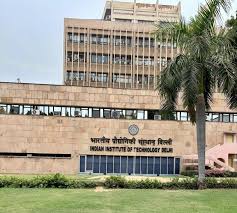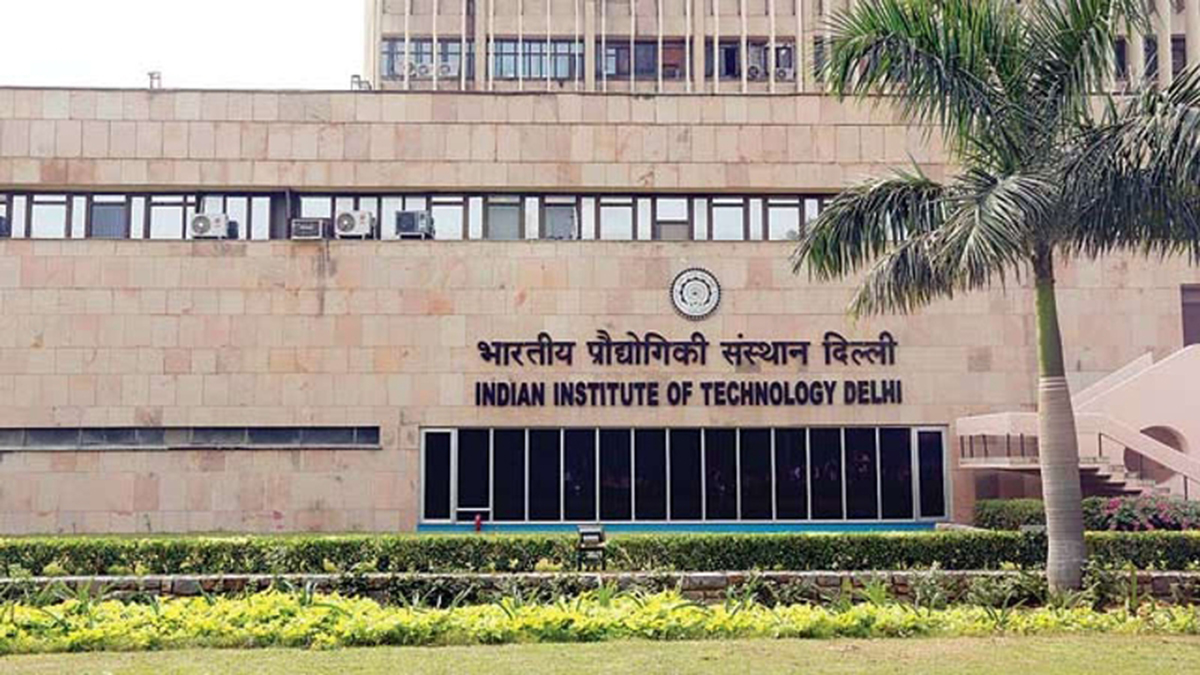The growing demand for flexible, multidisciplinary education and better research opportunities is pushing Indian students to study abroad instead of traditional institutions like IITs
In India, the path to getting into top-tier universities is often a difficult one, with the level of competition being extremely high. Getting into prestigious institutions such as the Indian Institutes of Technology (IITs) requires clearing some of the most challenging entrance exams in the world. For example, over 1.5 million candidates took the Joint Entrance Examination (JEE) Advanced in 2023, yet only 13,000 students managed to get into one of these prestigious universities.
This intense competition is a defining feature of India’s higher education system, where only a fraction of high-performing students manage to clear the rigorous selection criteria. However, for those who do pass, securing a seat in their desired program is no easy task, often requiring compromises based on the available rank. The Indian higher education system also faces challenges in providing flexibility to students. For many, the result of a single exam can shape the direction of their academic and professional lives, limiting opportunities for exploration or pursuing personal interests.
Many high-ranking students are often forced to settle for courses that are outside their initial aspirations, especially in a system where options are narrowly defined. These constraints, as well as the limited scope for interdisciplinary study, have led many students to consider studying abroad as a more flexible option that allows them to shape their education according to their personal interests and academic ambitions.
Why are parents opting for foreign education?
As competition among India’s top universities continues to heat up, many students and parents are seeking opportunities abroad to overcome the limitations of the country’s rigid educational structure. While institutions in India, particularly the IITs, are globally renowned, the education system is often criticised for its habit of rote learning and reliance on standardised curriculum. Studies show that a large number of students (around 75 per cent) feel that their education lacks practical experience, while almost an equal percentage (80 per cent) are dissatisfied with the lack of creative problem-solving opportunities in their courses.
Additionally, the inflexibility of the academic calendar at Indian universities limits students’ ability to pursue diverse areas of interest. For example, the IITs offer fixed engineering-focused curriculum, leaving little room for exploring subjects outside of the technical field. This narrow academic focus often means that students have to sacrifice their passion for broader, more interdisciplinary areas of study.
In contrast, many universities abroad offer more diverse academic options, promoting a more holistic educational experience. Furthermore, with strong research funding and state-of-the-art facilities, institutions in countries such as the United States and the United Kingdom provide an environment where students are exposed to cutting-edge research and world-class faculty, which is often lacking at the undergraduate level in India.
However, the rise of new-age Indian universities such as Ashoka University, Plaksha University and Krea University are beginning to bridge these gaps by offering progressive curricula that encourage critical thinking, entrepreneurship and a more global approach to education. These institutions are helping to move India’s education system towards more international standards, giving students the skills they need to compete on the global stage.
A global education for the future
As the world becomes more interconnected, earning a degree from a foreign university offers many benefits, including better career opportunities and exposure to a variety of innovative ideas and perspectives. Choosing the right study destination is crucial, and requires careful research and planning to ensure that academic programs, financing options, and cultural environments are in line with the individual’s goals. With the growing role of technology in education, it is important for both students and parents to stay informed about global trends and new opportunities. Studying abroad is not just about earning a degree; it is about gaining a global perspective, embracing new challenges, and preparing for a successful future in an increasingly globalized world.


